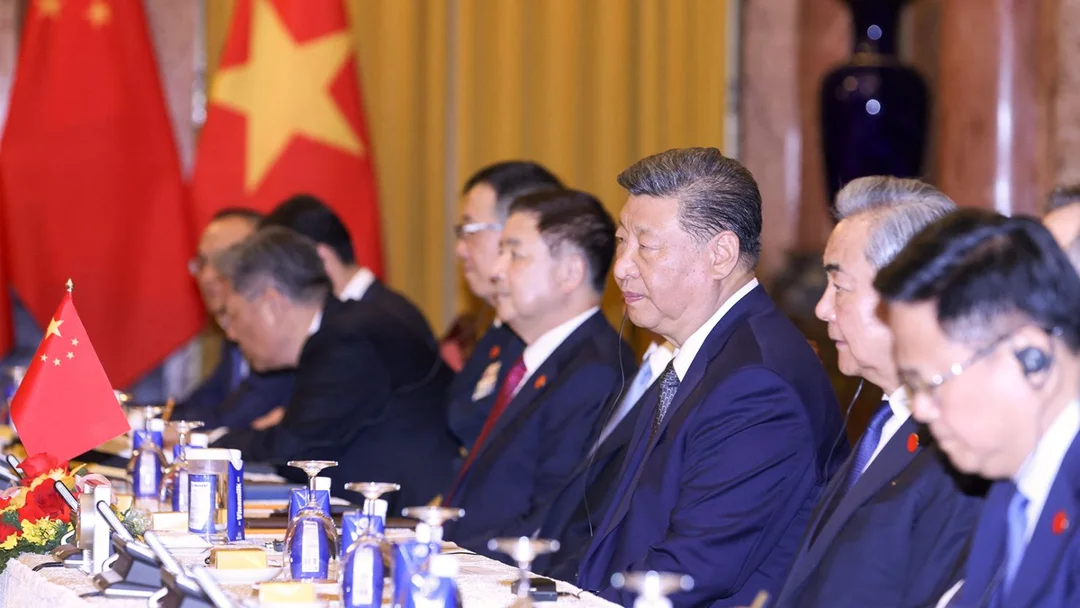
Is the U.S. Playing Fair in Trade Negotiations with China?
Amid escalating tensions revolving around trade negotiations, the U.S. and China stand at a critical crossroads. Recently, China issued a stern warning to nations against 'appeasing' the U.S. in light of President Donald Trump’s hefty tariffs. This situation not only impacts the global economy but adds layers of complexity to international relationships.
A Chinese commerce ministry spokesperson condemned what they perceive as U.S. attempts to leverage tariff discussions to pressure other nations into aligning their trade policies against China. The spokesperson declared, "Appeasement cannot bring peace, and compromise cannot earn one respect," emphasizing the need for fairness in global trade practices.
The context of this warning emerged following reports that Washington plans to persuade other countries to impose trade restrictions against China in exchange for relief from U.S. import taxes. This approach has raised eyebrows, especially as the Trump administration actively engages with key trading partners, including Japan and South Korea, regarding tariffs.
It’s worth noting that recent negotiations between these countries and the U.S. reveal that they do not wish to choose sides. Jesper Koll from Monex Group remarked, "If you put the numbers on it, about 20% of Japan's profitability comes from the United States, about 15% comes from the People's Republic of China." This highlights the intricate interdependence that complicates decisions for countries caught between U.S. tariffs and Chinese trade relationships.
As trade talks continue, U.S. Vice President JD Vance’s forthcoming meeting with India’s Prime Minister Narendra Modi adds yet another layer to this international puzzle. India faces a daunting 26% tariff rate if unable to reach an agreement with the U.S., further emphasizing the possible repercussions of the U.S.'s hardline stance.
Despite the promised benefits that Trump asserts will arise from these tariffs—ranging from increased domestic consumption to tax revenue—the reality is more complex. Many experts warn that reshoring manufacturing jobs to the U.S. will not happen overnight and could indeed stretch over decades, posing risks to the economy in the interim.
Criticism of Trump’s trade policies has intensified, particularly following his decision to impose steep tariffs. Just hours after the announcement of tariffs affecting various countries, Trump announced a 90-day pause on these measures, as mounting political and economic pressures challenged his approach.
Despite these setbacks, Trump has implemented up to 145% tariffs on Chinese imports, further complicating the trade landscape. The administration indicated that the cumulative impact of existing tariffs could push the overall levies on certain Chinese goods to a staggering 245%.
This ongoing saga raises an essential question: Are these trade negotiations setting a healthy precedent for international relations, or are they ushering in an era of economic isolationism? We invite our readers to share their perspectives on this developing situation and its implications for global trade.